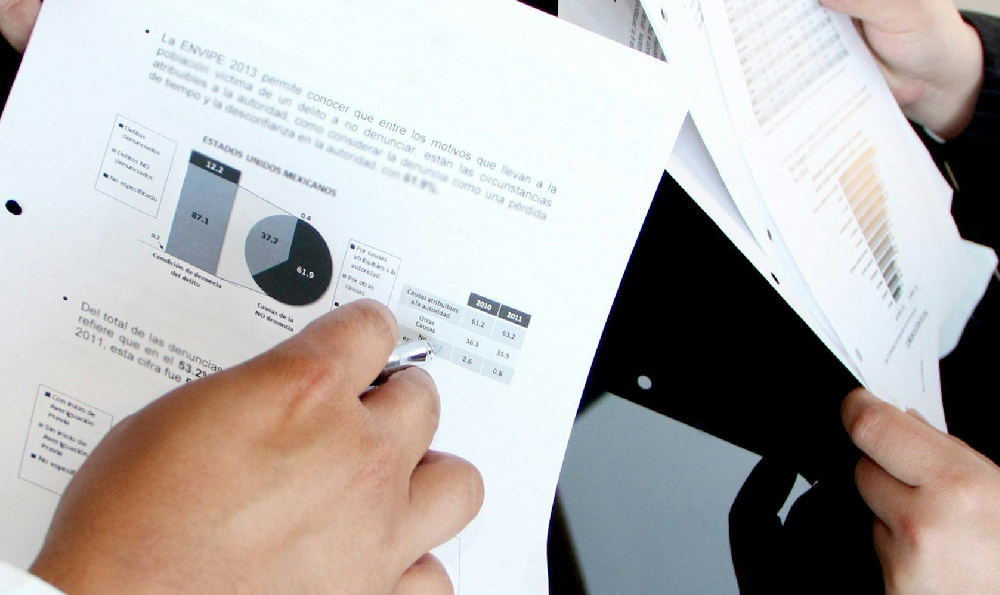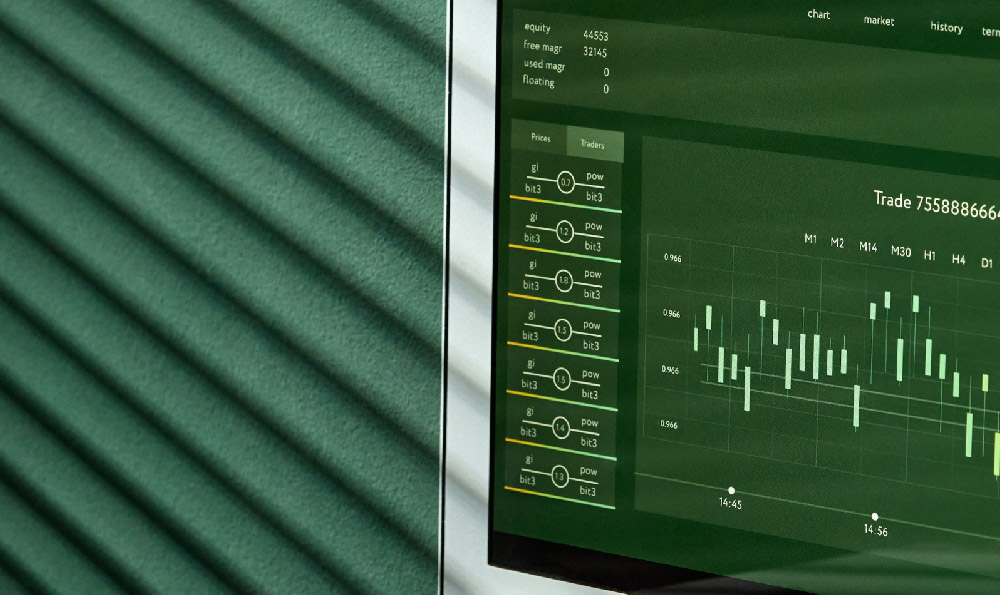Investing money wisely is a crucial step toward achieving financial security and reaching your long-term goals. While there's no such thing as a "safest" investment with guaranteed returns, understanding different investment options and their associated risks allows you to make informed decisions aligned with your risk tolerance and financial objectives.
Before diving into specific options, it's essential to establish a solid financial foundation. This includes paying off high-interest debt (credit cards, personal loans), building an emergency fund to cover 3-6 months of living expenses, and setting clear financial goals. This preparation will not only provide a safety net but also help you determine the appropriate investment horizon and risk appetite.
For individuals prioritizing capital preservation and seeking relatively stable returns, several options may be considered "safer" compared to high-growth, high-risk investments. However, remember that even these options carry some degree of risk, especially considering inflation eroding the purchasing power of your returns over time.

High-Yield Savings Accounts (HYSAs) and Certificates of Deposit (CDs) are insured by the FDIC up to $250,000 per depositor, per insured bank. HYSAs offer easy access to your funds while providing a higher interest rate than traditional savings accounts. CDs, on the other hand, require you to lock up your money for a specific period (e.g., 6 months, 1 year, 5 years) in exchange for a potentially higher interest rate. The downside of CDs is the penalty for early withdrawal, so choose a term that aligns with your financial needs. With interest rates on the rise, HYSA and CD yields are becoming increasingly attractive options for parking cash that you might need relatively soon.
Treasury Bills (T-bills), Notes, and Bonds are debt securities issued by the U.S. government. They are considered among the safest investments because they are backed by the full faith and credit of the U.S. government. T-bills are short-term securities maturing in a year or less, while Treasury Notes mature in 2, 3, 5, 7, or 10 years, and Treasury Bonds mature in 20 or 30 years. These are suitable for conservative investors looking for predictable income streams. You can purchase these directly from the Treasury Department through TreasuryDirect.gov or through a brokerage account. The interest earned on these securities is exempt from state and local taxes, which is an added advantage.
Municipal Bonds are debt securities issued by state and local governments. The proceeds from these bonds are typically used to finance public projects like schools, hospitals, and infrastructure. Municipal bonds offer tax advantages, as the interest earned is often exempt from federal income taxes, and sometimes state and local taxes, depending on where you reside and where the bond was issued. They are considered relatively safe investments, although their creditworthiness varies depending on the issuing municipality. Thorough research on the bond's credit rating is crucial before investing.
Diversified Investment Portfolios are essential for managing risk, even within "safer" investment categories. Rather than putting all your eggs in one basket, consider spreading your investments across different asset classes, such as bonds, real estate, and even low-risk stocks.
Exchange-Traded Funds (ETFs) offer a convenient way to diversify your portfolio. Bond ETFs, for example, hold a basket of different bonds, providing exposure to a variety of issuers and maturities. Real Estate Investment Trusts (REITs) allow you to invest in real estate without directly owning properties. REITs typically own and manage income-generating properties like office buildings, apartments, and shopping centers.
For those comfortable with a slightly higher level of risk, dividend-paying stocks of established, financially sound companies can be a good addition to a diversified portfolio. These companies tend to have a history of consistent profitability and pay out a portion of their earnings to shareholders in the form of dividends. Focus on companies with a long track record of increasing dividends, as this indicates financial stability and commitment to rewarding shareholders.
Before making any investment decisions, it's crucial to conduct thorough research and understand the risks involved. Don't be swayed by hype or promises of guaranteed returns. Consider consulting with a qualified financial advisor who can assess your individual financial situation and provide personalized recommendations. Be wary of investment scams and unsolicited offers. Always verify the legitimacy of investment opportunities before investing any money.
Remember, investing is a long-term game. Avoid making emotional decisions based on short-term market fluctuations. Stay disciplined, stick to your investment plan, and regularly review your portfolio to ensure it remains aligned with your goals and risk tolerance. Starting early, even with small amounts, and consistently investing over time can significantly impact your financial future. Never invest more than you can afford to lose, especially in volatile or speculative investments. Consider utilizing dollar-cost averaging, where you invest a fixed amount of money at regular intervals, regardless of the market price. This strategy can help mitigate the risk of buying high and potentially lower your average cost per share over time. It is also crucial to regularly monitor your investments and make adjustments as needed based on changes in your financial situation, goals, or market conditions. Keeping informed and staying proactive will enable you to navigate the investment landscape successfully and increase your chances of achieving your financial aspirations.












